Understanding the essential tools for drywall taping is crucial for achieving a professional finish in your construction projects. This article covers everything from basic hand tools to advanced mechanical tools, ensuring you have all the information you need.
Taping knives are used to spread joint compound over seams and screw holes. They come in various sizes, typically ranging from 4 to 12 inches, and materials like stainless steel and blue steel.
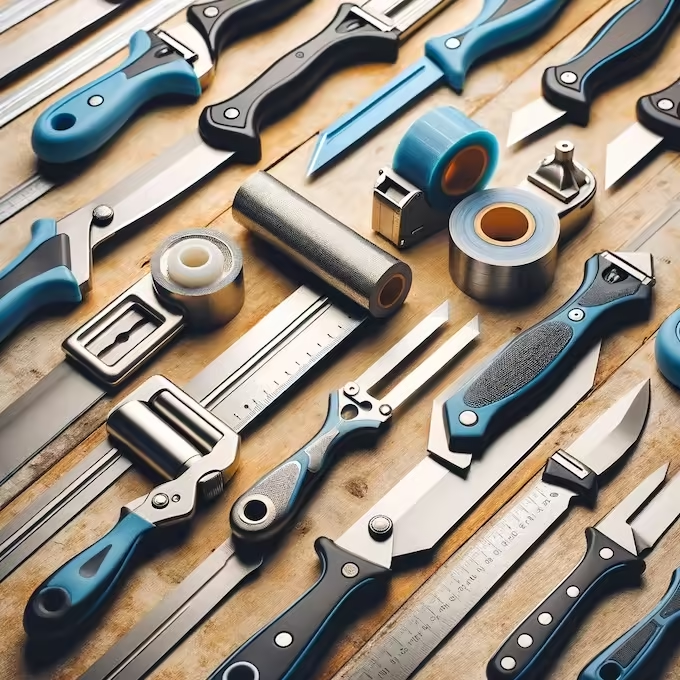
Mud pans hold the joint compound while you work. They can be made of plastic or stainless steel, each with its own benefits. Plastic pans are lightweight, while stainless steel pans are more durable.
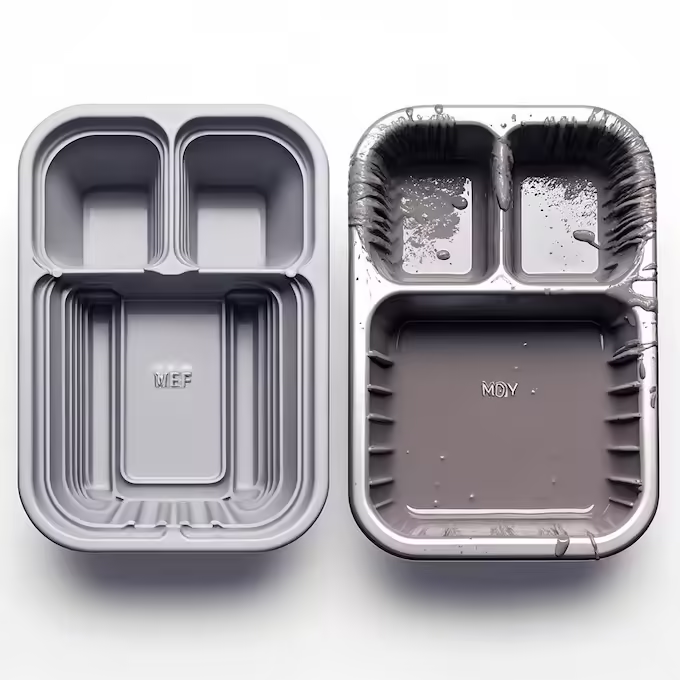
Joint knives are similar to taping knives but usually have a smaller, more flexible blade, making them ideal for applying compound to tight areas and corners.
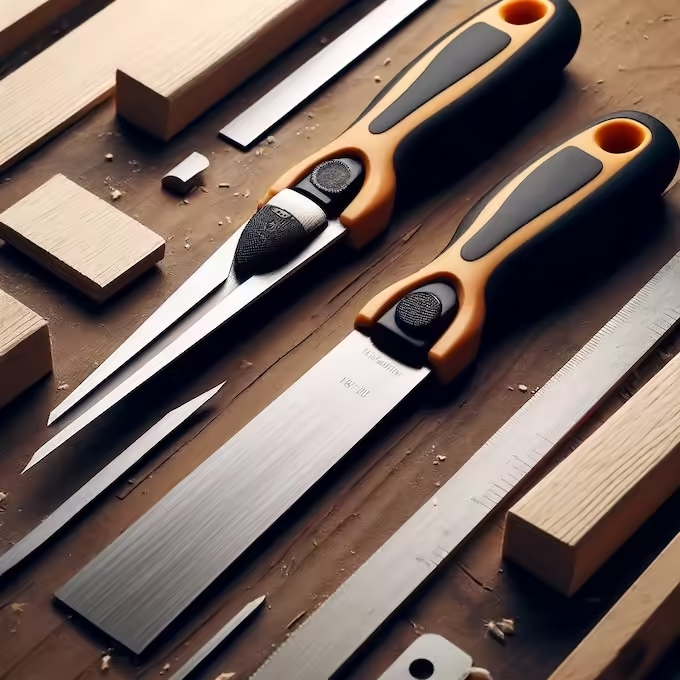
A taping banjo helps to apply joint tape and compound simultaneously, speeding up the taping process and ensuring even application.
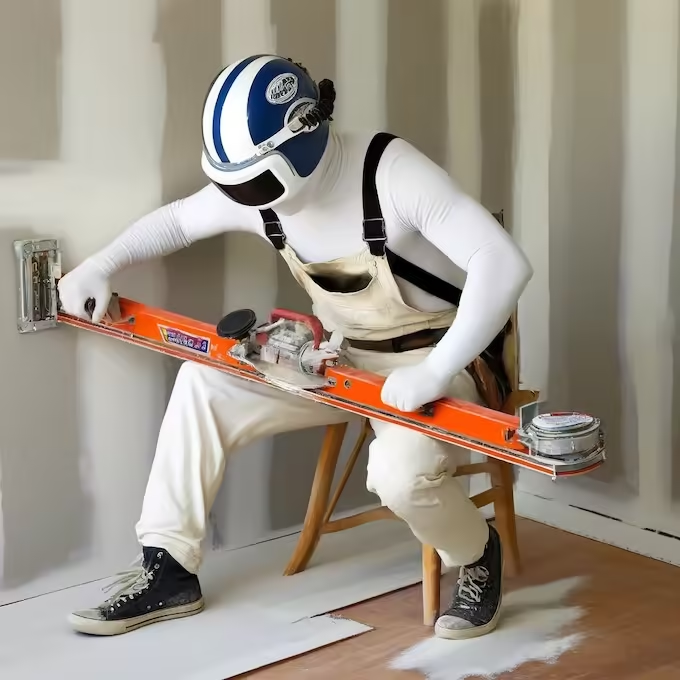
A drywall hawk holds a larger amount of joint compound compared to a mud pan and is used with one hand while applying compound with a trowel or knife.
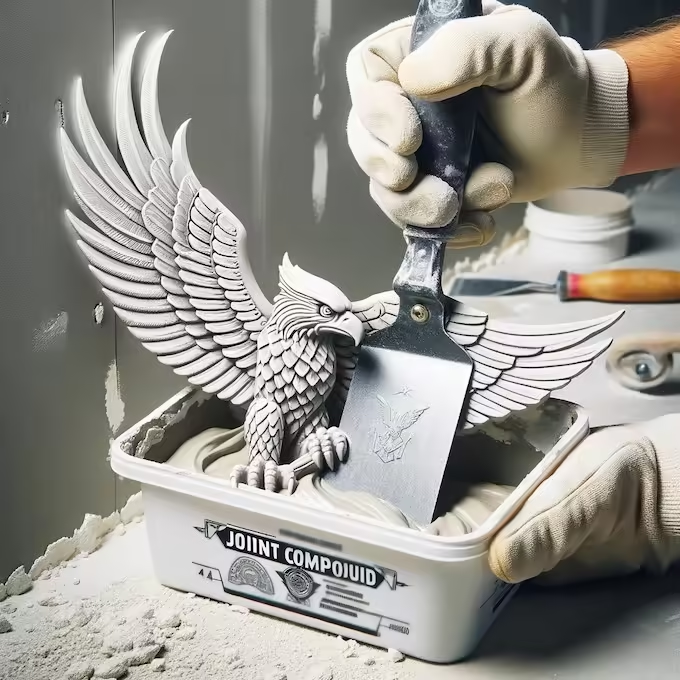
Corner trowels are designed to finish inside and outside corners, ensuring a clean, sharp finish. Inside corner trowels have a 90-degree angle, while outside corner trowels have a rounded edge.
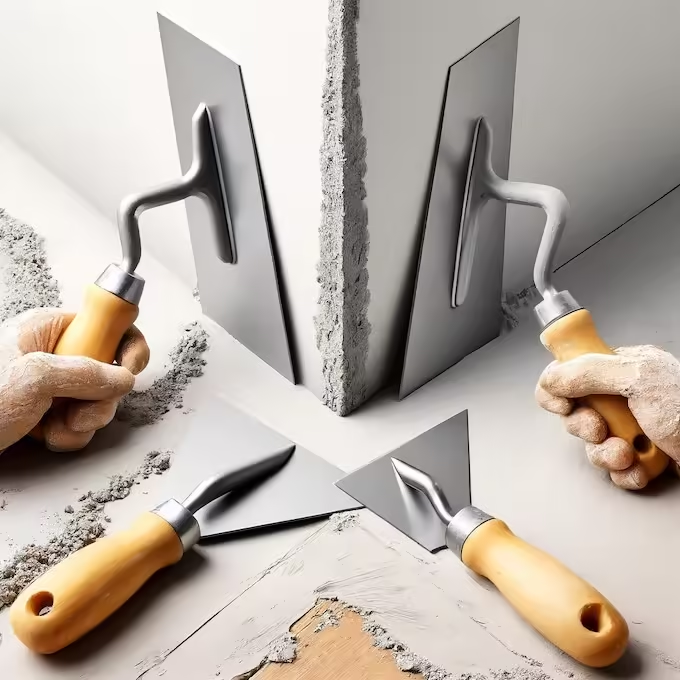
An automatic taper applies joint tape and compound simultaneously, making it ideal for large-scale projects. It increases efficiency and consistency.
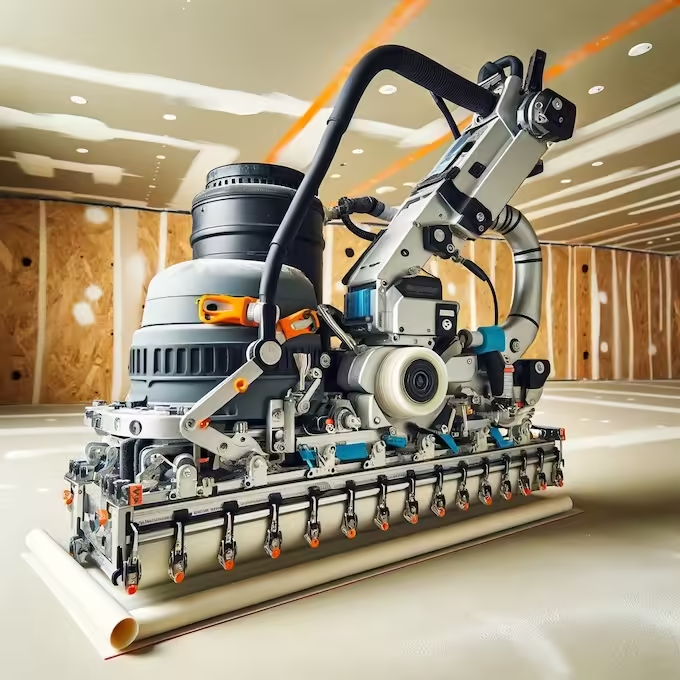
Flat boxes come in various sizes, such as 7, 10, and 12 inches. They help to apply a smooth layer of joint compound over seams and joints quickly.
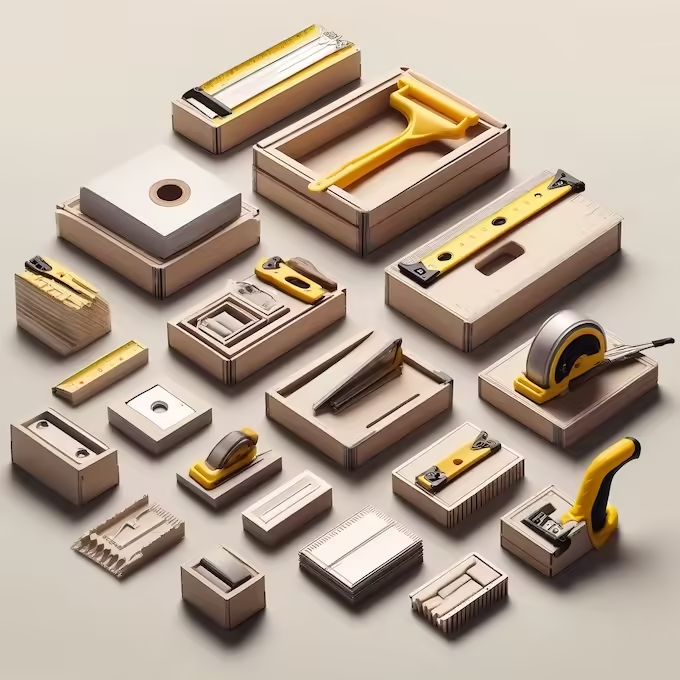
Corner boxes are used to apply joint compound to inside corners efficiently, reducing the need for manual application and improving finish quality.
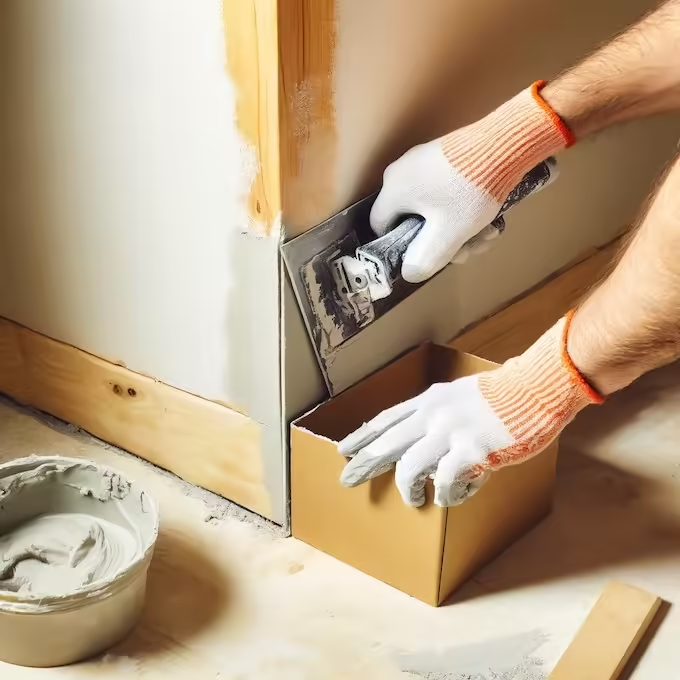
Mixing paddles are attached to drills to mix joint compound thoroughly, ensuring a consistent texture and reducing air bubbles.
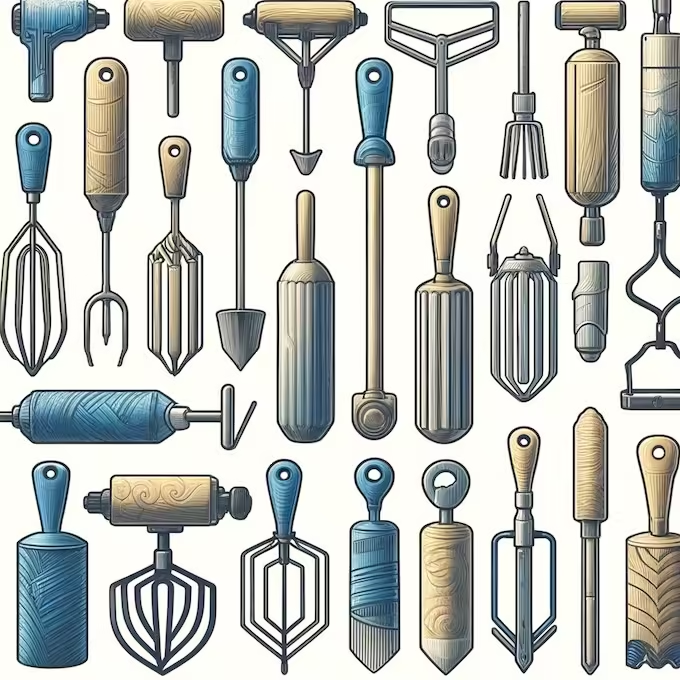
Sanding tools, both manual and power sanders, are essential for smoothing out dried joint compound and achieving a flawless finish.
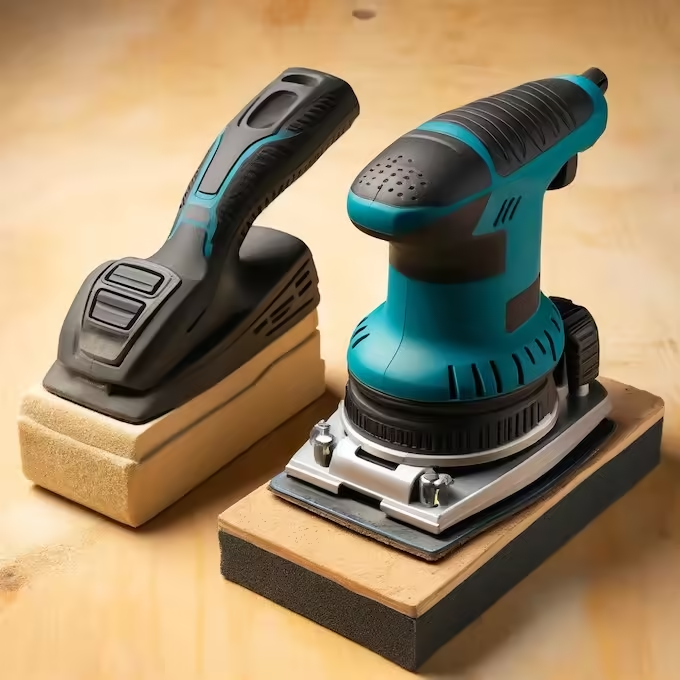
Texture sprayers are used to apply textured finishes to drywall surfaces, offering a variety of patterns and designs.
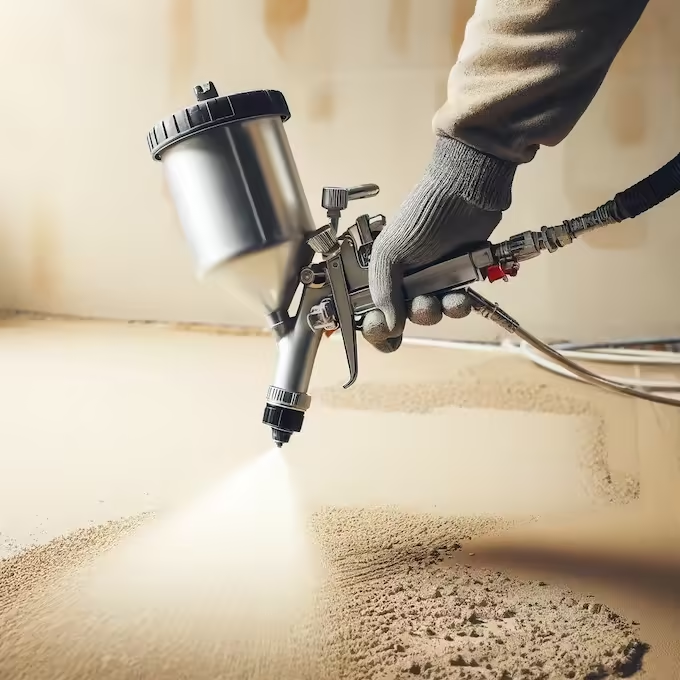
Wearing protective gear, such as gloves, masks, and goggles, is essential to ensure safety while working with joint compound and sanding dust.
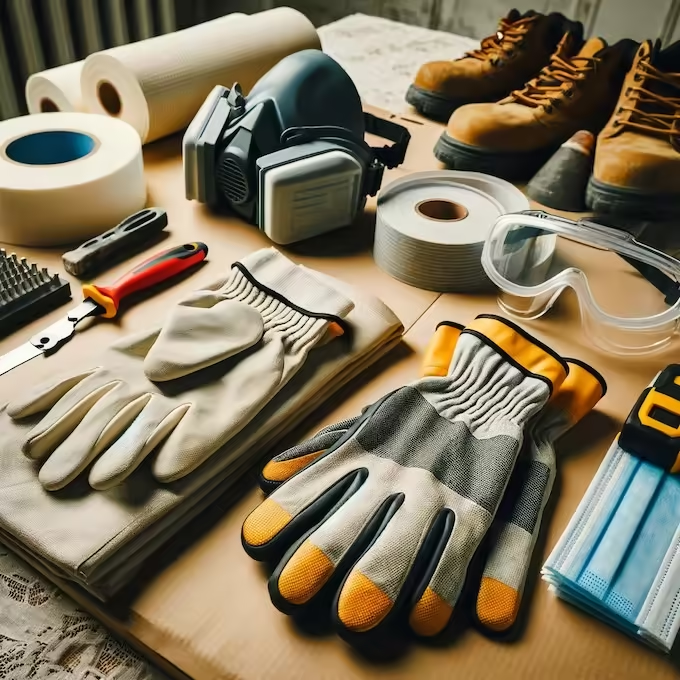
Regularly cleaning and maintaining your drywall tools will extend their lifespan and ensure they perform effectively. Proper storage is also crucial to prevent damage.
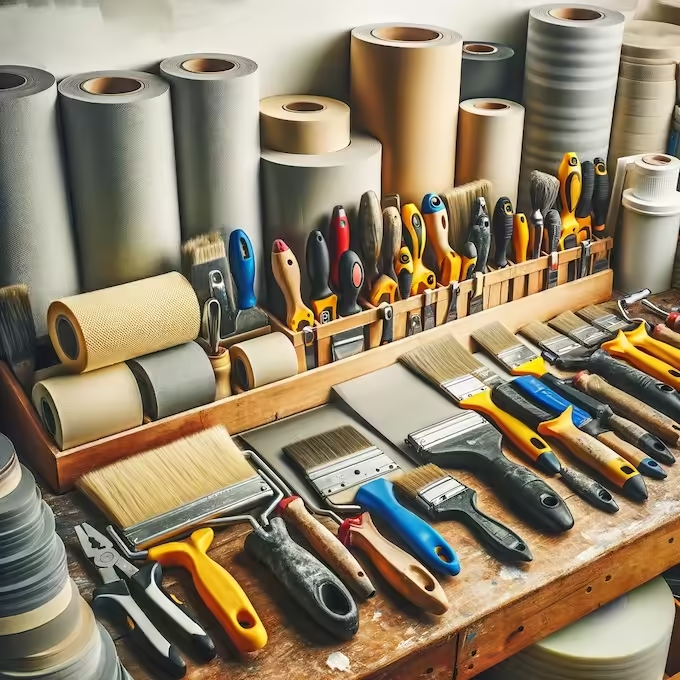
Choosing the right drywall taping tools is essential for achieving a professional finish. Investing in quality tools and maintaining them properly will save you time and effort in the long run.
If you're new to drywall taping, start with the basics and gradually incorporate specialized and mechanical tools as you become more comfortable with the process. Practice is key to mastering the art of drywall taping.
For further learning, consider reading books and watching online tutorials that cover drywall taping techniques in detail.
Purchase your drywall tools from reputable suppliers to ensure you get high-quality products that will last.
Contact us: Drywall Kingston Repair Services
Copyright © 2024 | Powered by: Earnanswers